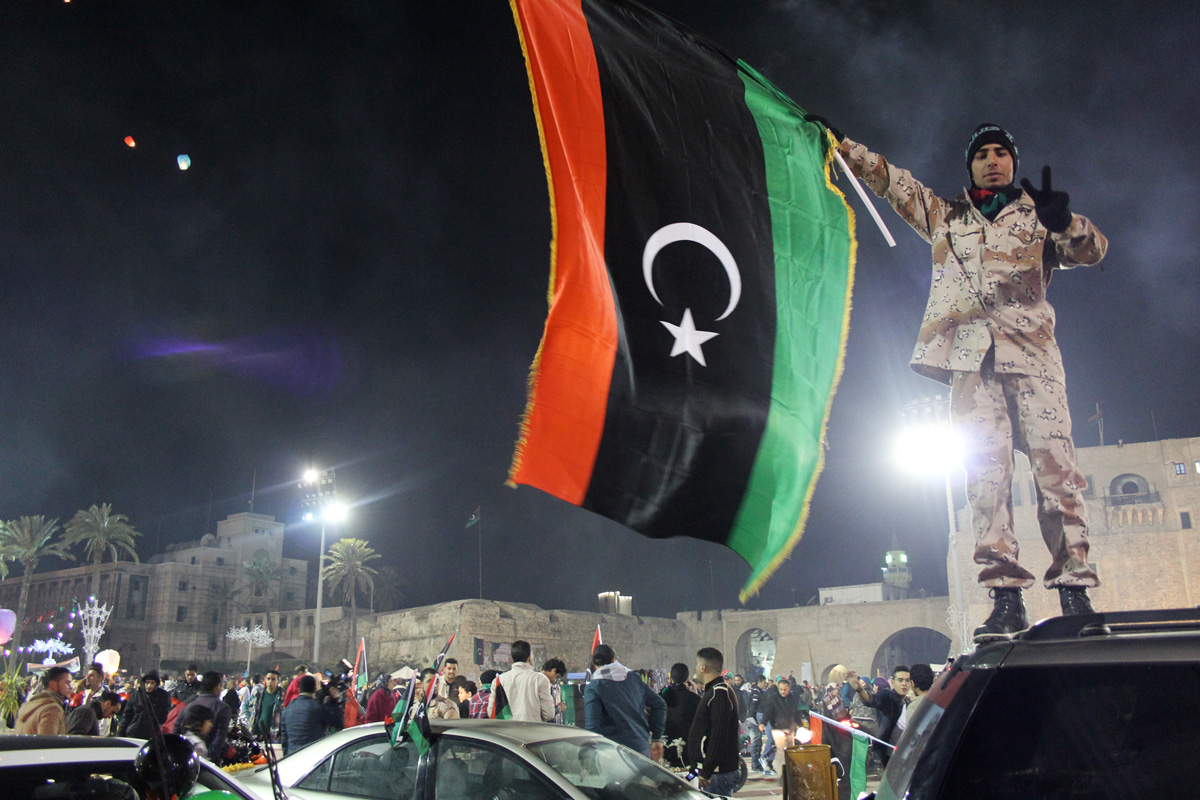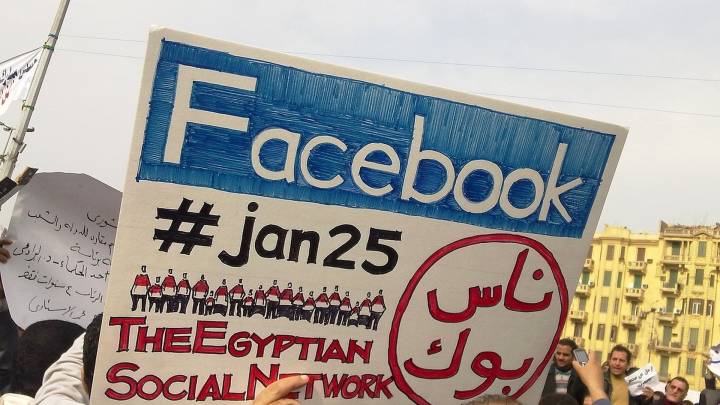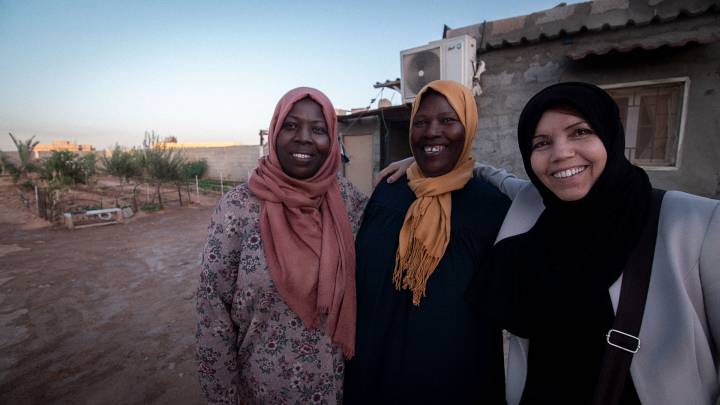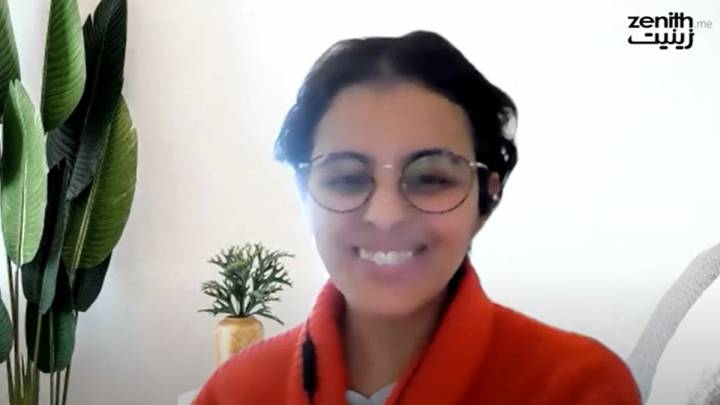Libya’s youth came of age in an era quite unlike that of their parents, experiencing first the euphoria of revolution, then the descent into bloodshed and anarchy.
23-year-old Jeje Elromhe describes the sniper on her Benghazi street. “I was almost shot twice. Once I had an exam in the morning. I’d studied really hard, so I didn’t want to miss it,” she tells zenith. Leaving the house after dawn, Jeje knew she would be at risk. Inevitably, the shots began.
Despite the risk, Elromhe made her exam. “So I was running and he was shooting. I could hear the bullets flying over my head. Another time, I was with my brother in the car and a bullet passed between us.”
The anonymous sniper lived on her street for three years, holding Elromhe’s family and the other residents of their neighbourhood hostage. Nobody ever found out who he was. One day he simply left. However, the mark he helped carve upon her adolescence remained.
Elromhe’s story has echoes across Libya. The optimism of the young who first emerged from under the shadow of Muammar Gaddafi’s omnipresent secret police vanished as they were dragged back into the darkness of civil war. Denied the structure and social cohesion their parents’ generation had taken for granted, a post-revolutionary generation came of age as wearily inured to the anarchy of their present as older generations were repulsed by it.
“After the revolution, everyone was talking about politics. We were celebrating, we were happy. The radio stations were alive, playing English songs,” explains 28-year-old Nadya Ramadan. “I worked at Tripoli FM. There were so many magazines. We tasted this freedom for maybe two years, with only a few noticing that it was getting gradually worse. Then, around 2014, the companies started leaving, the embassies went, and then I realised it was going to be a long time before we achieved what we’d hoped for.”
A weakened currency and rolling power cuts through the heat of summer are among the hardships resulting from the lack of a functioning state. And many Libyans have developed more pessimistic views on the events of 2011 – the 2018 Arab Youth Survey found that just 42% of Libyan youth viewed the Arab Spring favourably (a figure still generally higher than elsewhere in the Arab world). What emerged after 2011 was a society constructed out of chaos, with the older generation no better equipped to make sense of it than the young who had to navigate it unguided.
Artist Ahmed Barudi works as an executive with a mobile telecom company. “For me, life before the revolution was very stable. 2010 was probably the best year for me. I had enough money to live how I wanted to and I could travel as much as I liked… I had some plans for the future. I had hoped to retire by 2015 and just concentrate on my art, but all that blew away.”
Another Tripoli resident, 38-year-old Taha Jawashi, had never seen a gun battle before 2011. He has since witnessed several. “Growing up, we were very different from today’s generation. We didn’t have any technology. The biggest thing we had was the satellite. No Internet, no smartphones, nothing. It was almost like living in communist times. We all had bikes, but they were all the same kind of bikes.”
Despite losing relatives to Libya’s savage conflict with Chad, Jawashi remembers a relatively normal childhood. As an adult, he eventually found work as a French-speaking tour guide in Tripoli. Despite the restrictions of the state, a future at least appeared imaginable. “I was thinking about starting my own tourism agency. It would have been difficult, you needed good relations with the secret police to bring tourists in, but it was what I wanted. I didn’t really worry about the future, not like now. I could imagine getting old and having an okay life. My priority then was to buy a house.”
Igor Cherstich, an anthropologist from University College London, travelled extensively within Libya through much of the post-revolutionary period, tracking how the revolution’s initial surge of optimism was eventually subsumed by foreign money and weapons, and how young people were ultimately co-opted into policing their country’s anarchy.
“The change that was expected didn’t take place,” Cherstich said. “Instead, young people were faced with a wild world that their parents didn’t know how to handle. There were few jobs, electricity was sparse. It was worse than many describe. It was savage.”
In the absence of any kind of structure or social cohesion, a superficial sense of bravado developed, finding form in the kamikaze militia battles of Sirte or the lawlessness of stunt drivers performing for crowds on the city streets of central Benghazi. An extreme attitude to risk evolved, one seemingly incomprehensible to anyone outside Libya.
Working out of a hotel by day, Ramadan continued her work as a journalist, drawing a committed Twitter following through her close-up reporting of Tripoli’s vicious militia battles. “I feel like I’m entitled to tell people the truth about what is happening in Tripoli, or Libya as a whole,” she says. “The world was very focused on Libya during the revolution and then, all of a sudden, no one cared anymore.”
For Ramadan, there were people both within and outside Libya eager to hold up the work of the revolution as if it were a success, claiming – if only to convince themselves – that life for Libyans had improved since the end of Gaddafi’s rule.
For her the opposite is true. “Everyone needs to see what's happening on the ground,” Ramadan said, “and how the normal day-to-day citizens are affected after the ‘successful’ overthrow.”
Others have different memories of a civil war that has morphed into an enduring form of low-intensity anarchy. “It was crazy,” Elromhe recalls, “but we lived, we survived. It became normal. When the firing got really bad, I would go to the roof to see where the war was. When the fighting ended, I actually got bored. These kinds of experiences, you either survive or you die. I can’t imagine anything as exciting again.”
Elromhe continues, remembering past traumas as she casually leans against the kitchen worktop in Tunis. She describes how her mother would lie awake at night worrying about her brothers in the army, and the mortar shells that landed around their house. For Elromhe and her friends, growing up in the anarchy of Libya assumed a form of warped normalcy.
“It’s done me damage, I know that. It’s left me emotionally numb. All the time my friends are dying, my neighbours are dying. You’re seeing people being shot in the street. I was 21 when I saw the first person shot. I saw four in total.
“I don’t miss it. There’s no winner. There’s just this huge loss. I know people on both sides. No one wins.”





